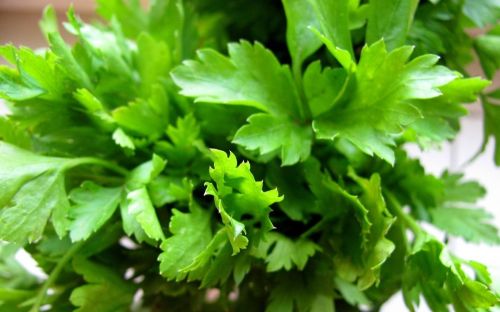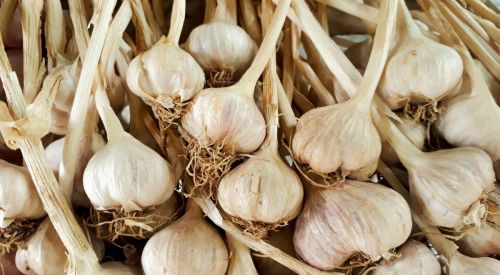Brussels sprouts are a botanical variety of cabbage belonging to the cabbage family. It probably originated from a cross between head cabbage and kale. It has been cultivated since the 17th century, mainly in Western and Northern Europe. The first crops appeared in Belgium, around Brussels, and that's probably where it got its name. Like any vegetable, Brussels sprouts have a host of valuable properties for humans. Those you may not have heard of are included below.
It has a long ( 50-100 cm), thick, heavily leafy stem, ending at the top with a plume of large leaves. The leaves are small, light, or bluish-green, with small cabbage heads in their corners. Flowers emerge in the second year of vegetation.
The most popular varieties of Brussels sprouts are Casiopea, Groninger, and Red.
It also contains B vitamins (B1, B2, B3, B5, B6), folic acid, vitamins A, E, and H, beta carotene, and is a source of potassium, calcium, magnesium, manganese, zinc, copper, iron, omega-3 fatty acids.
These are sulfur compounds found in Brussels sprouts and other brassica vegetables that are powerful weapons in the fight against cancer. It contains glucosinolates and isothiocyanates, which can reduce the risk of cancer.
A glass of fresh Brussels sprouts provides about 270% of the daily requirement of vitamin K. Since vitamin K is fat-soluble, brussels sprouts should be eaten with it.
Thanks to its high content of vitamin C, which is an antioxidant that reduces inflammation and cell damage.
It can also offset complications in people with diabetes by restoring normal sugar levels.
It can help slow down brain aging.












